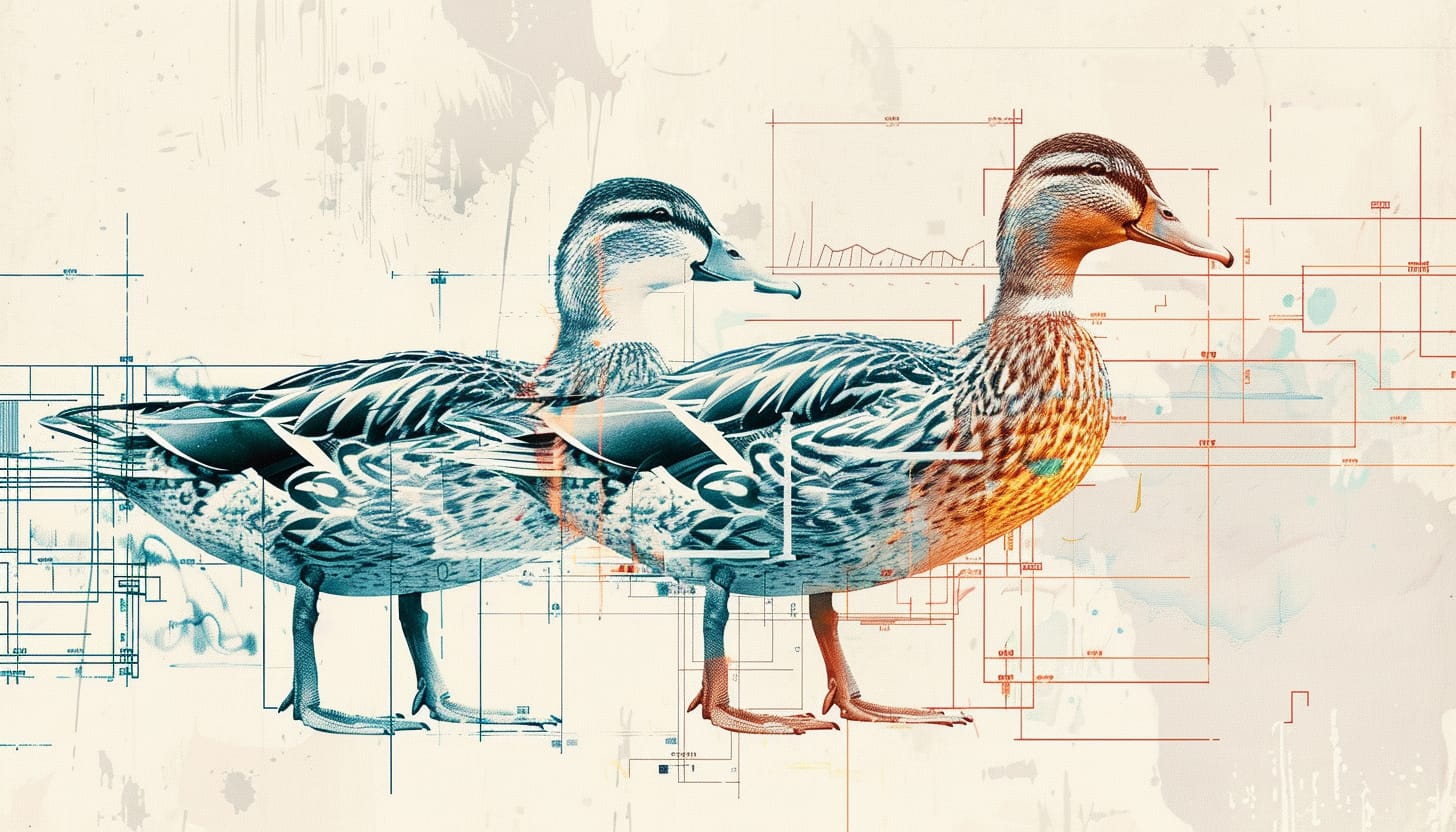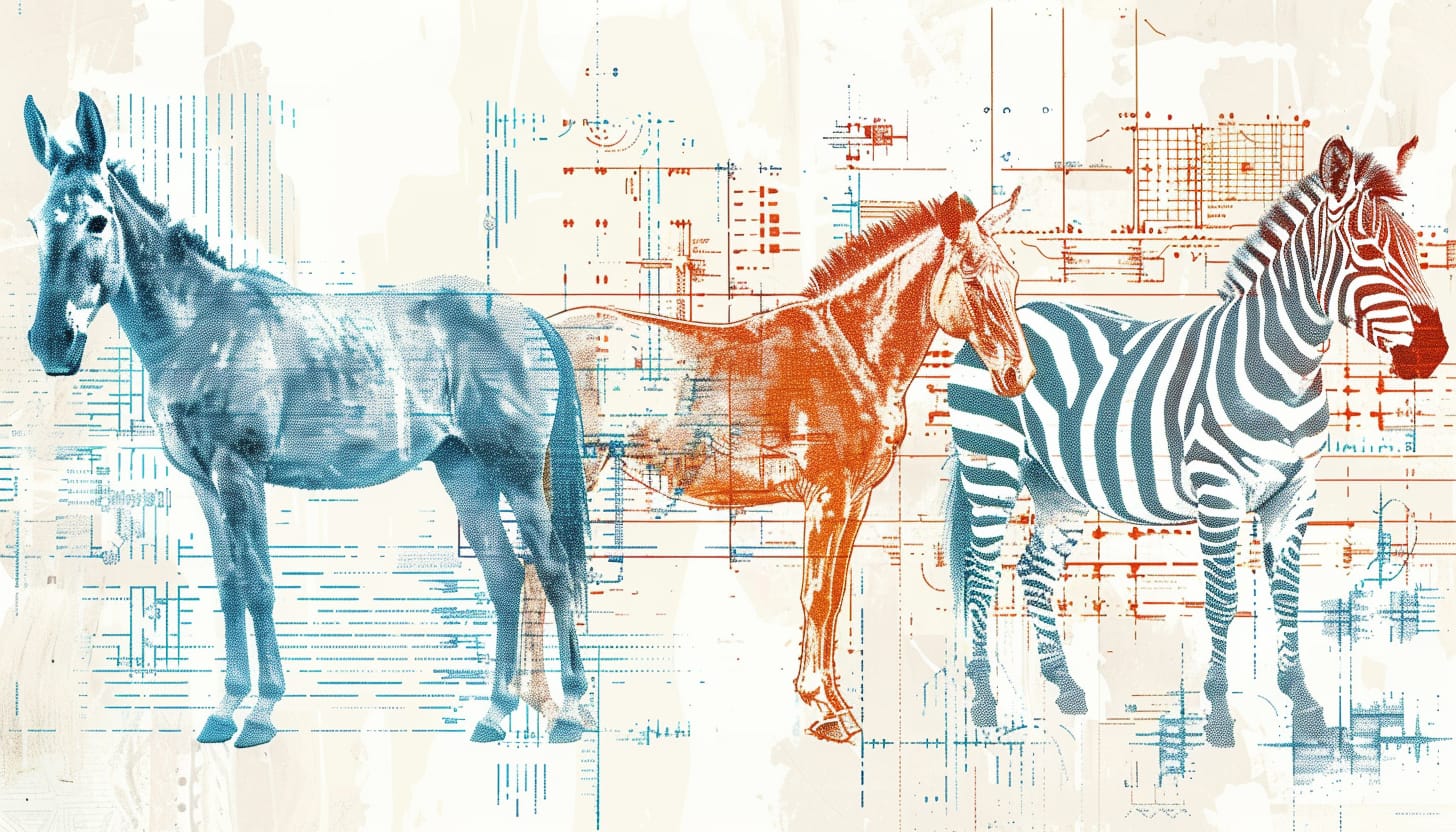LATEST
Of domain names and ducks
How can we tackle the problem of doppelganger disinformation campaigns? This blog post explores the suitability of the classic duck method to taking action against doppelganger deception.

HomePublications
Research is a core part of what we do. It involves identifying, uncovering, and explaining disinformation campaigns and networks, using open source investigation techniques (OSINT) and social media network analysis methodologies. We disseminate our findings via our partnerships with the media and leading experts in the field.
Check out all our investigations below












ASBL registered at the Brussels Registry n°0685 936 389
Boulevard Bischoffsheim 39, 1000 Brussels, Belgium
Legal Notice and Privacy Policy
Copyright © 2019 EU DisinfoLab. All rights reserved.
Designed and Coded by Fastlane
